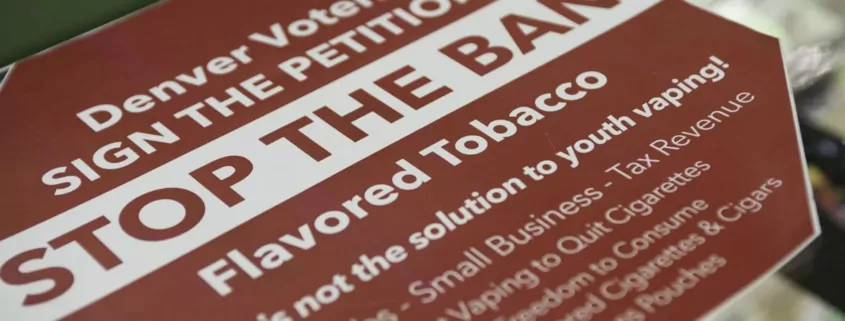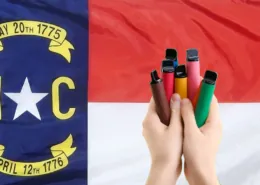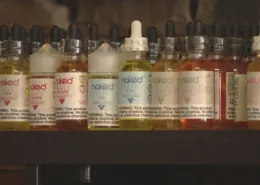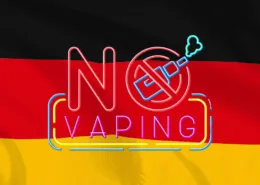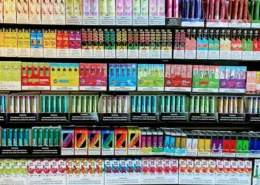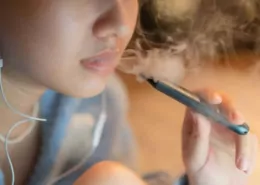Denver Flavored Tobacco & Vape Ban Faces Voter Repeal
Denver’s comprehensive ban on flavored tobacco products, including flavored vapes, menthol cigarettes, Zyn nicotine pouches, flavored cigars, chew, and snus, has ignited a fierce debate between public health advocates and local businesses. While the ordinance, sponsored by City Councilmembers Serena Gonzales-Gutierrez, Shontel Lewis, and Darrell Watson, passed with an 11-1 vote and was signed into law by Mayor Mike Johnston, its full implementation faces a significant hurdle: a potential repeal by voters in the November 2025 election.
Supporters, including Children’s Hospital Colorado and the Campaign for Tobacco-Free Kids, argue the ban is a crucial step to protect youth from nicotine addiction. They contend that candy-like packaging and fruity flavors are specifically designed to attract young users, leading to increased addiction rates in marginalized communities and long-term healthcare costs. The law is positioned as a preventative measure to safeguard future generations.
Conversely, opponents, primarily vape shop owners and some industry groups, argue the ban unfairly targets small businesses and will do little to curb underage use, which they claim largely occurs through online or illicit channels. They point to an expected $13 million annual loss in city tax revenue and warn the ban could fuel illegal activity and push sales to neighboring areas without such restrictions. Vape shop owners report that up to 90% of their sales come from flavored products and fear for their livelihoods.
District 2 Councilmember Kevin Flynn was the sole vote against the ordinance, arguing that adults over 21 should have the right to legally purchase flavored tobacco. Meanwhile, major tobacco companies like Philip Morris International, which is building a $600 million Zyn production facility in nearby Aurora, have a significant economic presence in Colorado, adding another layer to the debate.
Although the ban officially took effect on March 18, 2025, enforcement is being phased in. “Soft enforcement,” involving advisories to retailers to remove flavored products, began on July 1, 2025. Full enforcement, including fines and potential license suspensions, is scheduled to start on January 1, 2026. However, the upcoming November referendum will ultimately decide the fate of the ban. Both proponents and opponents are gearing up for major campaigns, and the outcome could significantly influence how other Colorado cities approach tobacco and vape regulations. Statewide legislative efforts in Colorado to address vape recycling or grant counties more power over flavored tobacco sales have previously failed.
- Brazil Police Crack Down on E-Cigarette Smuggling - July 30, 2025
- Experts Urge South Africa to Adopt Science-Based Vape Policies - July 30, 2025
- Texas to Ban Chinese-Made Vapes Under New Law (SB 2024) - July 30, 2025

